
There’s a Name for the Blah You’re Feeling: It’s Called Languishing
The neglected middle child of mental health can dull your motivation and focus – and it may be the dominant emotion of 2021.
Recommendation
In a culture that recognizes physical hindrances to health while ignoring obstacles to mental health, take a moment to acknowledge the validity of your current mental state. Are you flourishing; do you have a purpose and are you connected with other people? Are you depressed, lacking energy and feeling despair? Or are you neither of the above, but feeling stagnant, empty and joyless nonetheless? If so, you may be “languishing.” In this timely New York Times article, organizational psychologist Adam Grant describes the postpandemic “blah” and offers a simple prescription that may help cure it.
Summary
About the Author
Adam Grant is the host of the TED WorkLife podcast, the author of Think Again: The Power of Knowing What You Don’t Know and an organizational psychologist at Wharton.








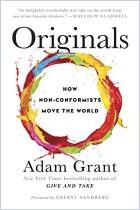
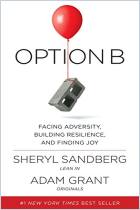
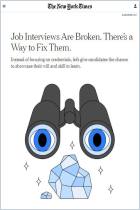
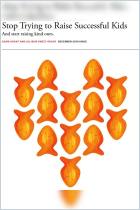
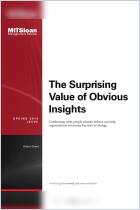

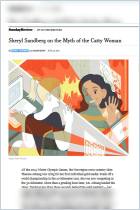
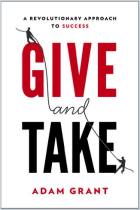

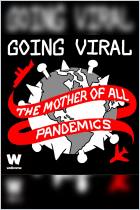

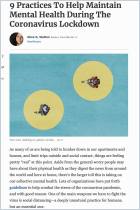
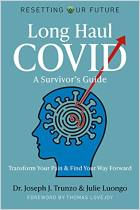






Comment on this summary or 开始讨论